
Learn from your fellow PHP developers with our PHP blogs, or help share the knowledge you've gained by writing your own.

<?php
namespace App;
use App\Comment;
use App\CommentVote;
use App\CommentSpam;
use App\User;
use Auth;
class CommentModel
{
}
?>
public function getAllComments($pageId)
{
$comments = Comment::where('page_id',$pageId)->get();
$commentsData = [];
foreach ($comments as $key) {
$user = User::find($key->users_id);
$name = $user->name;
$replies = $this->replies($key->id);
$photo = $user->first()->photo_url;
$reply = 0;
$vote = 0;
$voteStatus = 0;
$spam = 0;
if(Auth::user()){
$voteByUser = CommentVote::where('comment_id',$key->id)->where('user_id',Auth::user()->id)->first();
$spamComment = CommentSpam::where('comment_id',$key->id)->where('user_id',Auth::user()->id)->first();
if($voteByUser){
$vote = 1;
$voteStatus = $voteByUser->vote;
}
if($spamComment){
$spam = 1;
}
}
if(sizeof($replies) > 0){
$reply = 1;
}
if(!$spam){
array_push($commentsData,[
"name" => $name,
"photo_url" => (string)$photo,
"commentid" => $key->id,
"comment" => $key->comment,
"votes" => $key->votes,
"reply" => $reply,
"votedByUser" =>$vote,
"vote" =>$voteStatus,
"spam" => $spam,
"replies" => $replies,
"date" => $key->created_at->toDateTimeString()
]);
}
}
$collection = collect($commentsData);
return $collection->sortBy('votes');
}
protected function replies($commentId)
{
$comments = Comment::where('reply_id',$commentId)->get();
$replies = [];
foreach ($comments as $key) {
$user = User::find($key->users_id);
$name = $user->name;
$photo = $user->first()->photo_url;
$vote = 0;
$voteStatus = 0;
$spam = 0;
if(Auth::user()){
$voteByUser = CommentVote::where('comment_id',$key->id)->where('user_id',Auth::user()->id)->first();
$spamComment = CommentSpam::where('comment_id',$key->id)->where('user_id',Auth::user()->id)->first();
if($voteByUser){
$vote = 1;
$voteStatus = $voteByUser->vote;
}
if($spamComment){
$spam = 1;
}
}
if(!$spam){
array_push($replies,[
"name" => $name,
"photo_url" => $photo,
"commentid" => $key->id,
"comment" => $key->comment,
"votes" => $key->votes,
"votedByUser" => $vote,
"vote" => $voteStatus,
"spam" => $spam,
"date" => $key->created_at->toDateTimeString()
]);
}
}
$collection = collect($replies);
return $collection->sortBy('votes');
}
public function createComment($arary)
{
$comment = Comment::create($array);
if($comment)
return [ "status" => "true","commentId" => $comment->id ];
else
return [ "status" => "false" ];
}
<?php
namespace App;
use App\Comment;
use App\CommentSpam;
use App\CommentVote;
use App\User;
use Auth;
class CommentModel
{
public function getAllComments($pageId)
{
$comments = Comment::where('page_id', $pageId)->get();
$commentsData = [];
foreach ($comments as $key) {
$user = User::find($key->users_id);
$name = $user->name;
$replies = $this->replies($key->id);
$photo = $user->first()->photo_url;
$reply = 0;
$vote = 0;
$voteStatus = 0;
$spam = 0;
if (Auth::user()) {
$voteByUser = CommentVote::where('comment_id', $key->id)->where('user_id', Auth::user()->id)->first();
$spamComment = CommentSpam::where('comment_id', $key->id)->where('user_id', Auth::user()->id)->first();
if ($voteByUser) {
$vote = 1;
$voteStatus = $voteByUser->vote;
}
if ($spamComment) {
$spam = 1;
}
}
if (sizeof($replies) > 0) {
$reply = 1;
}
if (!$spam) {
array_push($commentsData, [
"name" => $name,
"photo_url" => (string) $photo,
"commentid" => $key->id,
"comment" => $key->comment,
"votes" => $key->votes,
"reply" => $reply,
"votedByUser" => $vote,
"vote" => $voteStatus,
"spam" => $spam,
"replies" => $replies,
"date" => $key->created_at->toDateTimeString(),
]);
}
}
$collection = collect($commentsData);
return $collection->sortBy('votes');
}
protected function replies($commentId)
{
$comments = Comment::where('reply_id', $commentId)->get();
$replies = [];
foreach ($comments as $key) {
$user = User::find($key->users_id);
$name = $user->name;
$photo = $user->first()->photo_url;
$vote = 0;
$voteStatus = 0;
$spam = 0;
if (Auth::user()) {
$voteByUser = CommentVote::where('comment_id', $key->id)->where('user_id', Auth::user()->id)->first();
$spamComment = CommentSpam::where('comment_id', $key->id)->where('user_id', Auth::user()->id)->first();
if ($voteByUser) {
$vote = 1;
$voteStatus = $voteByUser->vote;
}
if ($spamComment) {
$spam = 1;
}
}
if (!$spam) {
array_push($replies, [
"name" => $name,
"photo_url" => $photo,
"commentid" => $key->id,
"comment" => $key->comment,
"votes" => $key->votes,
"votedByUser" => $vote,
"vote" => $voteStatus,
"spam" => $spam,
"date" => $key->created_at->toDateTimeString(),
]);
}
}
$collection = collect($replies);
return $collection->sortBy('votes');
}
public function createComment($arary)
{
$comment = Comment::create($array);
if ($comment) {
return ["status" => "true", "commentId" => $comment->id];
} else {
return ["status" => "false"];
}
}
public function voteComment($commentId, $array)
{
$comments = Comment::find($commentId);
$data = [
"comment_id" => $commentId,
'vote' => $array->vote,
'user_id' => $array->users_id,
];
if ($array->vote == "up") {
$comment = $comments->first();
$vote = $comment->votes;
$vote++;
$comments->votes = $vote;
$comments->save();
}
if ($array->vote == "down") {
$comment = $comments->first();
$vote = $comment->votes;
$vote--;
$comments->votes = $vote;
$comments->save();
}
if (CommentVote::create($data)) {
return true;
}
}
public function spamComment($commentId, $array)
{
$comments = Comment::find($commentId);
$comment = $comments->first();
$spam = $comment->spam;
$spam++;
$comments->spam = $spam;
$comments->save();
$data = [
"comment_id" => $commentId,
'user_id' => $array->users_id,
];
if (CommentSpam::create($data)) {
return true;
}
}
}
?>
<?php
namespace App\Http\Controllers;
use Illuminate\Http\Request;
use App\Http\Requests;
use App\Comment;
use App\CommentVote;
use App\CommentSpam;
use App\User;
use Auth;
class CommentController extends Controller
{
public function index($pageId)
{
$comments = Comment::where('page_id',$pageId)->get();
$commentsData = [];
foreach ($comments as $key) {
$user = User::find($key->users_id);
$name = $user->name;
$replies = $this->replies($key->id);
$photo = $user->first()->photo_url;
$reply = 0;
$vote = 0;
$voteStatus = 0;
$spam = 0;
if(Auth::user()){
$voteByUser = CommentVote::where('comment_id',$key->id)->where('user_id',Auth::user()->id)->first();
$spamComment = CommentSpam::where('comment_id',$key->id)->where('user_id',Auth::user()->id)->first();
if($voteByUser){
$vote = 1;
$voteStatus = $voteByUser->vote;
}
if($spamComment){
$spam = 1;
}
}
if(sizeof($replies) > 0){
$reply = 1;
}
if(!$spam){
array_push($commentsData,[
"name" => $name,
"photo_url" => (string)$photo,
"commentid" => $key->id,
"comment" => $key->comment,
"votes" => $key->votes,
"reply" => $reply,
"votedByUser" =>$vote,
"vote" =>$voteStatus,
"spam" => $spam,
"replies" => $replies,
"date" => $key->created_at->toDateTimeString()
]);
}
}
$collection = collect($commentsData);
return $collection->sortBy('votes');
}
protected function replies($commentId)
{
$comments = Comment::where('reply_id',$commentId)->get();
$replies = [];
foreach ($comments as $key) {
$user = User::find($key->users_id);
$name = $user->name;
$photo = $user->first()->photo_url;
$vote = 0;
$voteStatus = 0;
$spam = 0;
if(Auth::user()){
$voteByUser = CommentVote::where('comment_id',$key->id)->where('user_id',Auth::user()->id)->first();
$spamComment = CommentSpam::where('comment_id',$key->id)->where('user_id',Auth::user()->id)->first();
if($voteByUser){
$vote = 1;
$voteStatus = $voteByUser->vote;
}
if($spamComment){
$spam = 1;
}
}
if(!$spam){
array_push($replies,[
"name" => $name,
"photo_url" => $photo,
"commentid" => $key->id,
"comment" => $key->comment,
"votes" => $key->votes,
"votedByUser" => $vote,
"vote" => $voteStatus,
"spam" => $spam,
"date" => $key->created_at->toDateTimeString()
]);
}
}
$collection = collect($replies);
return $collection->sortBy('votes');
}
public function store(Request $request)
{
$this->validate($request, [
'comment' => 'required',
'reply_id' => 'filled',
'page_id' => 'filled',
'users_id' => 'required',
]);
$comment = Comment::create($request->all());
if($comment)
return [ "status" => "true","commentId" => $comment->id ];
}
public function update(Request $request, $commentId,$type)
{
if($type == "vote"){
$this->validate($request, [
'vote' => 'required',
'users_id' => 'required',
]);
$comments = Comment::find($commentId);
$data = [
"comment_id" => $commentId,
'vote' => $request->vote,
'user_id' => $request->users_id,
];
if($request->vote == "up"){
$comment = $comments->first();
$vote = $comment->votes;
$vote++;
$comments->votes = $vote;
$comments->save();
}
if($request->vote == "down"){
$comment = $comments->first();
$vote = $comment->votes;
$vote--;
$comments->votes = $vote;
$comments->save();
}
if(CommentVote::create($data))
return "true";
}
if($type == "spam"){
$this->validate($request, [
'users_id' => 'required',
]);
$comments = Comment::find($commentId);
$comment = $comments->first();
$spam = $comment->spam;
$spam++;
$comments->spam = $spam;
$comments->save();
$data = [
"comment_id" => $commentId,
'user_id' => $request->users_id,
];
if(CommentSpam::create($data))
return "true";
}
}
public function destroy($id)
{
}
}?>
<?php
namespace App\Http\Controllers;
use App\CommentModel;
use Illuminate\Http\Request;
class CommentController extends Controller
{
private $commentModel = null;
private function __construct()
{
$this->commentModel = new CommentModel();
}
public function index($pageId)
{
return $this->commentModel->getAllComments($pageId);
}
public function store(Request $request)
{
$this->validate($request, [
'comment' => 'required',
'reply_id' => 'filled',
'page_id' => 'filled',
'users_id' => 'required',
]);
return $this->commentModel->createComment($request->all());
}
public function update(Request $request, $commentId, $type)
{
if ($type == "vote") {
$this->validate($request, [
'vote' => 'required',
'users_id' => 'required',
]);
return $this->commentModel->voteComment($commentId, $request->all());
}
if ($type == "spam") {
$this->validate($request, [
'users_id' => 'required',
]);
return $this->commentModel->spamComment($commentId, $request->all());
}
}
}
?>


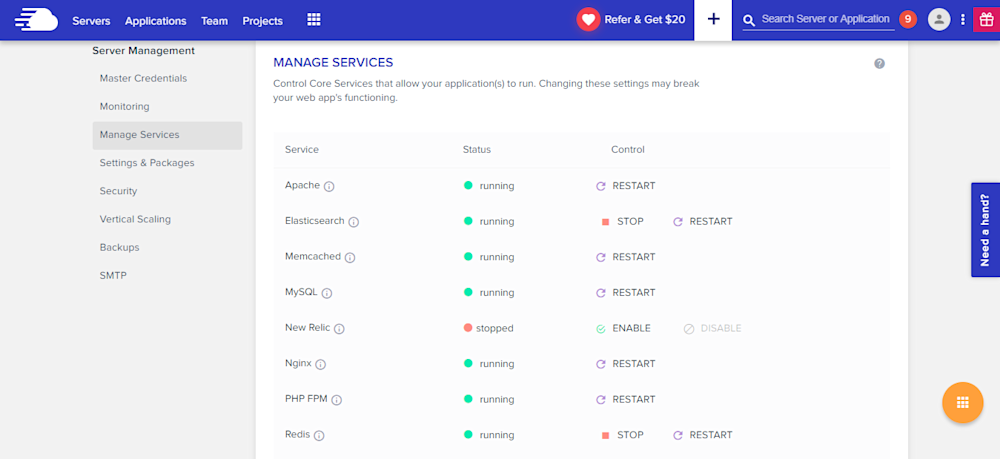
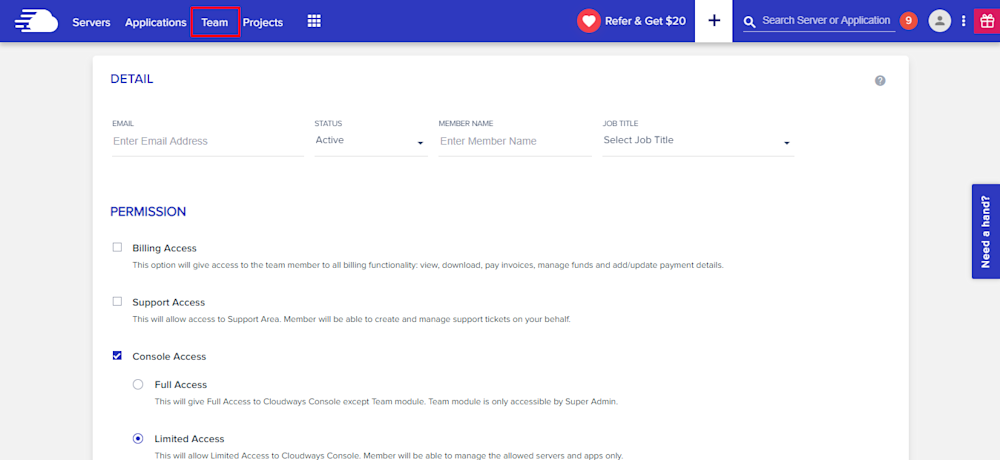
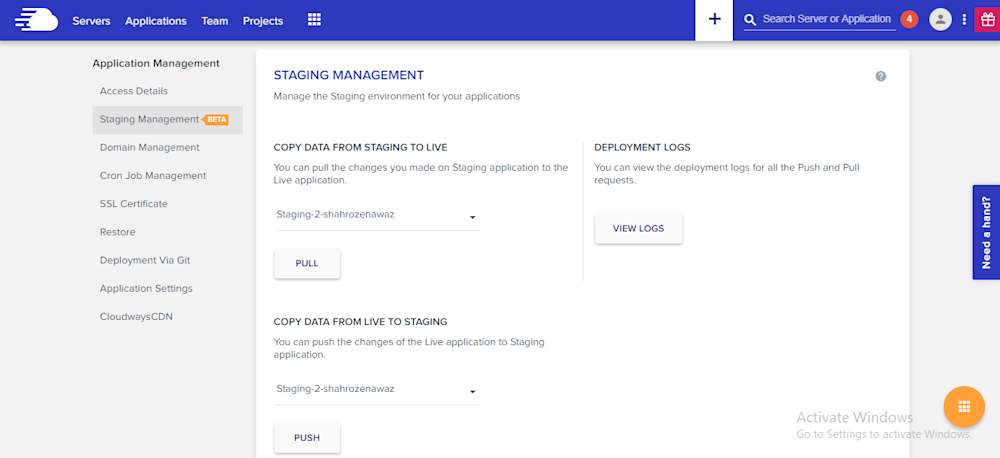
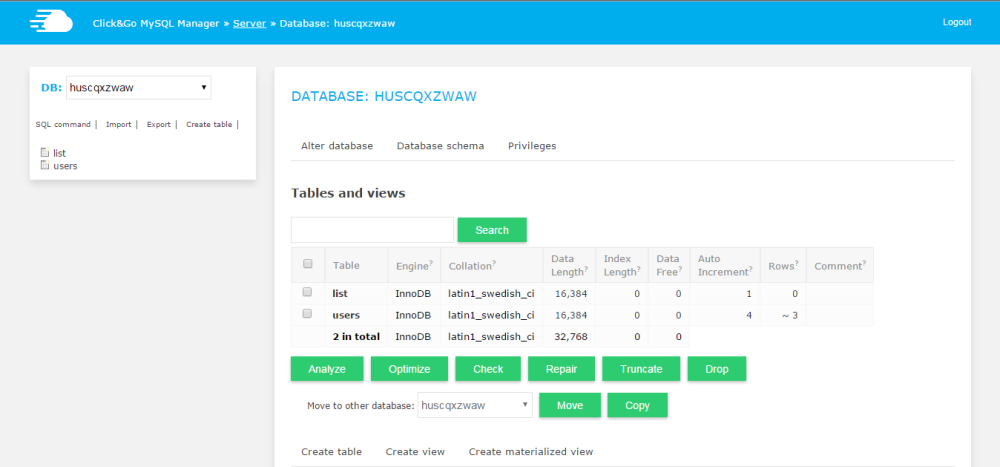
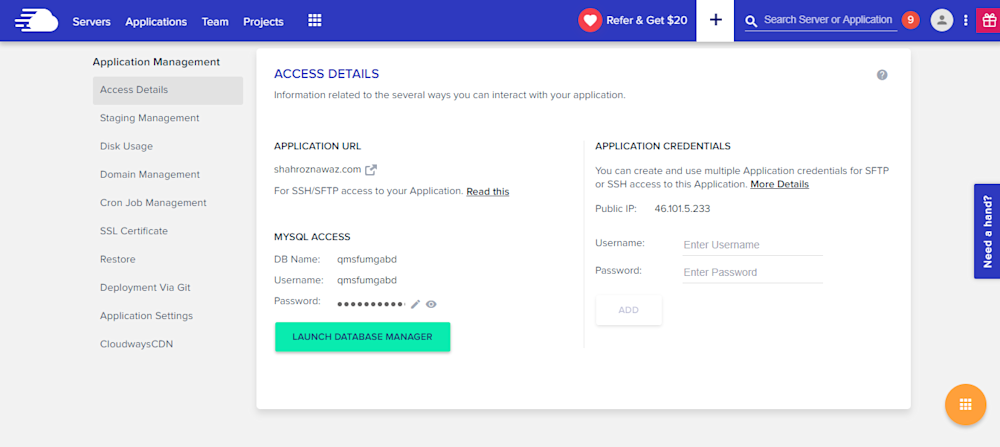
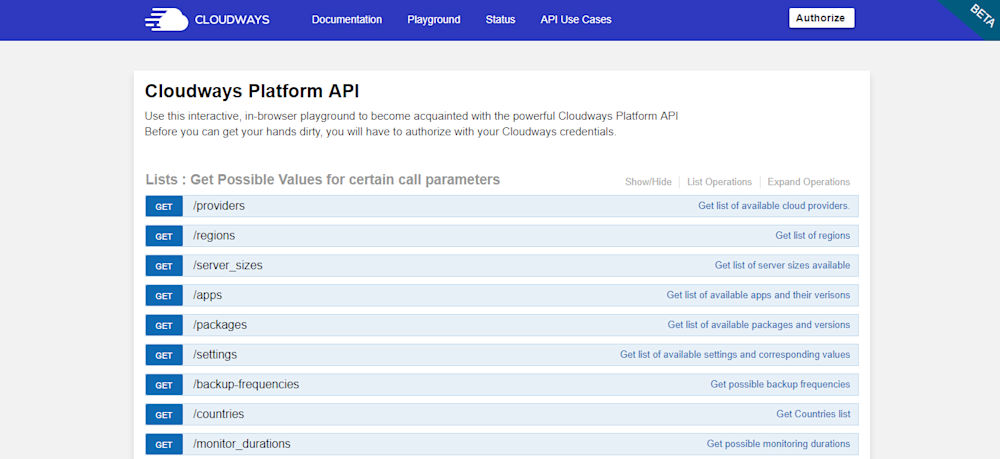
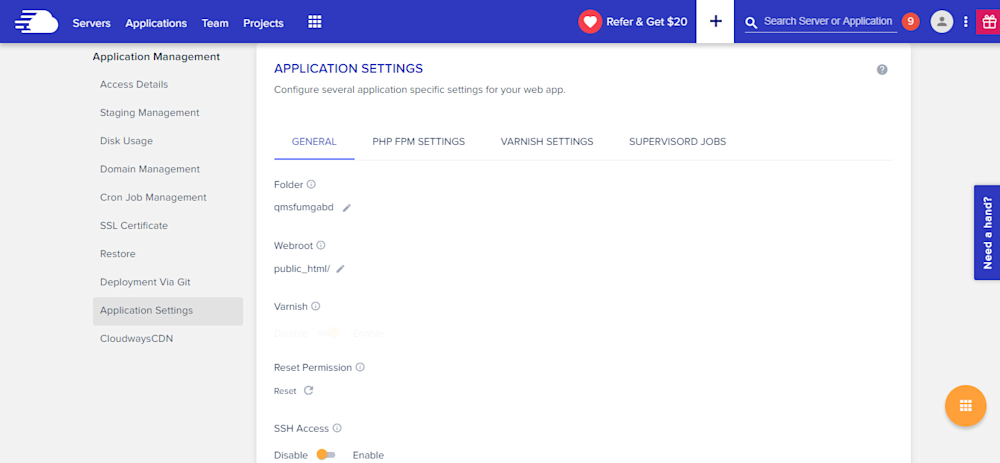
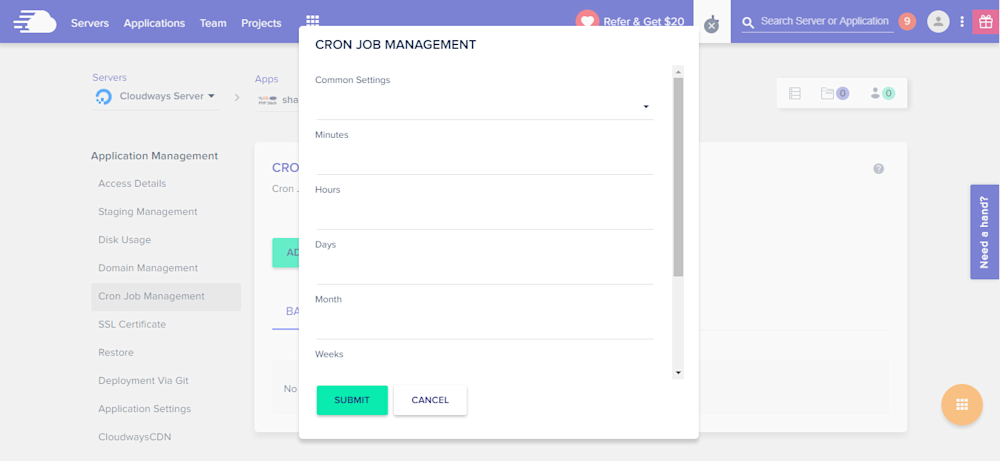
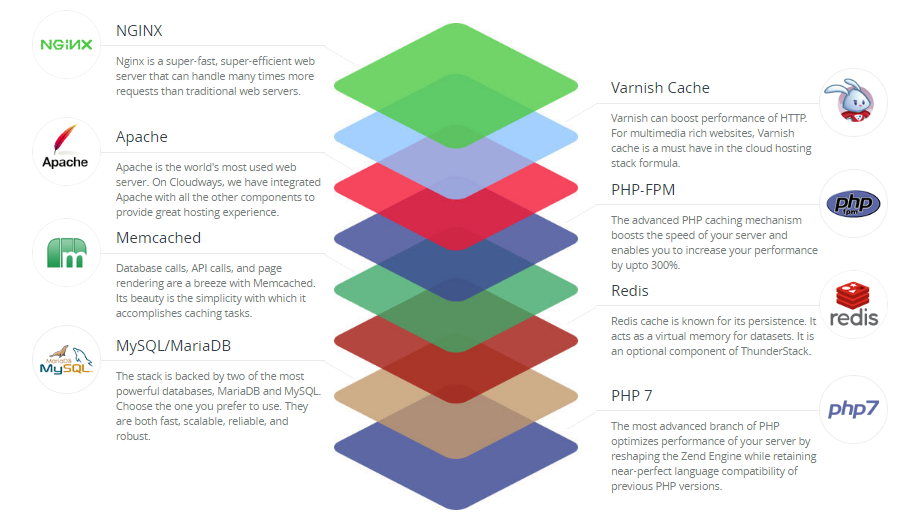


I finally joined NomadPHP because in the current climate, I feel like I need to give back to the community, and share some of the things that I've learned over the years.




 g10dra
g10dra crocodile2u
crocodile2u harikrishnanr
harikrishnanr calevans
calevans christiemarie
christiemarie MindNovae
MindNovae dmamontov
dmamontov HowTos
HowTos
